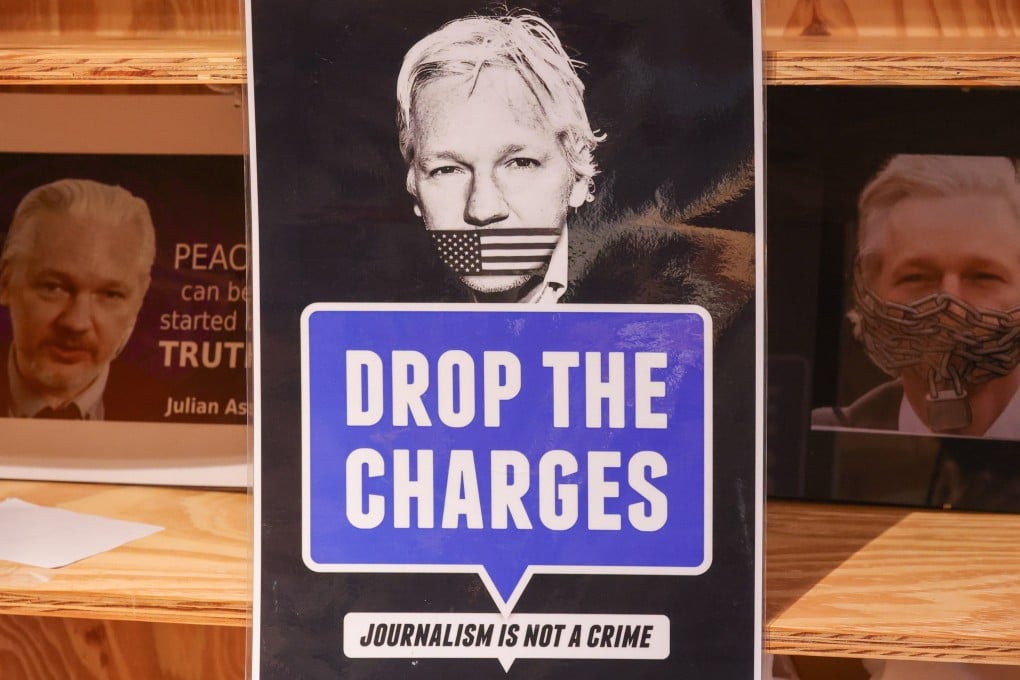Advertisement
Opinion | As a key US ally, Australia has the right to ask Biden to free Julian Assange
- From the Quad to Aukus, Australia has supported America’s China-containment policy and made itself a surrogate target. This gives it leverage – if it wants to use it
Reading Time:3 minutes
Why you can trust SCMP
29

Could Australia’s position as a key ally, if not the key player, in America’s strategy to contain China give Canberra the leverage to end Washington’s pursuit of the Australian publisher and WikiLeaks founder Julian Assange?
Assange has been detained since 2019, after being ejected from the Ecuadorean embassy in London where he was granted asylum in 2012. The US is seeking to extradite Assange over the publication in 2010 and 2011 by WikiLeaks of military and security documents which revealed war crimes and other activities of the US in the Iraq and Afghanistan wars.
Before the election of Anthony Albanese as prime minister 12 months ago, Australian governments had showed no interest in supporting Assange. But Albanese’s left-of-centre Labor Party has begun diplomatic lobbying of the Biden administration to bring the case to an end – and allow Assange to return to his family and Australia.
Albanese has recently expressed his frustration that there has not been closure. US President Joe Biden’s cancellation of his visit to Australia for a Quadrilateral Security Dialogue (Quad) meeting this week was a missed opportunity for Albanese to put further pressure on the US, which he is in a very good position to do – given there is precedent and in view of recent China-containment-policy developments.
There is a precedent from 2007 for Australia calling in a favour from Washington when it was prepared to lend unwavering support to US foreign policy and defence initiatives. Then, an Australian, David Hicks, who had been captured in Afghanistan in 2001 and detained at the notorious Guantanamo Bay, was released and allowed to return home, courtesy of a deal between then-prime minister John Howard and the Bush administration. Australia’s enthusiastic participation in the Iraq and Afghanistan conflicts enabled the deal.
The Albanese government is in a similar position of powerful leverage, if it wants to use it.
Advertisement
